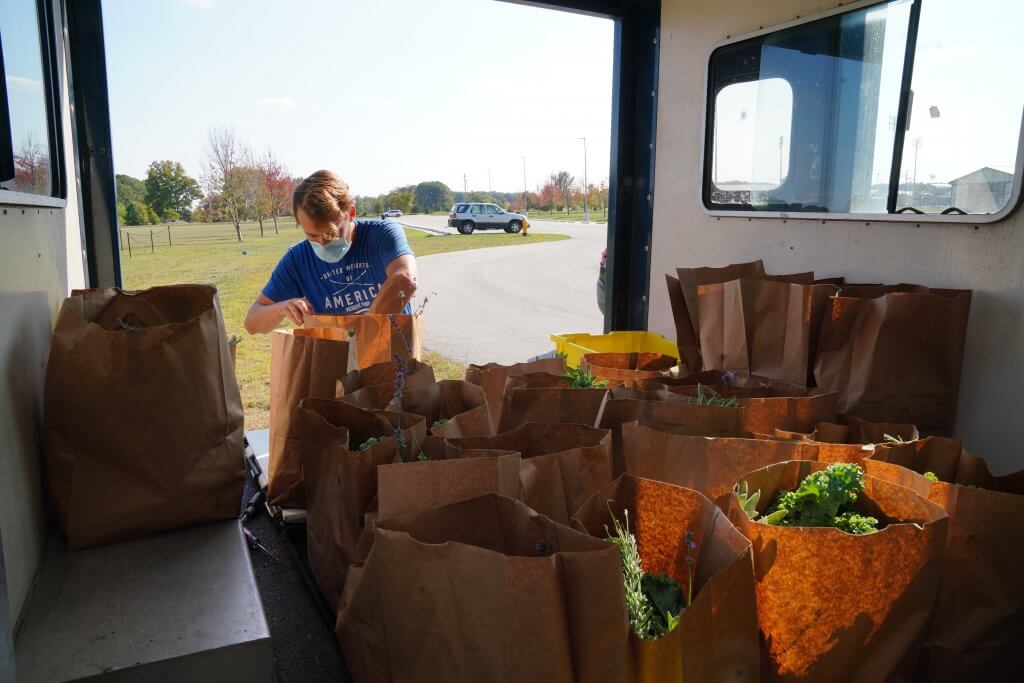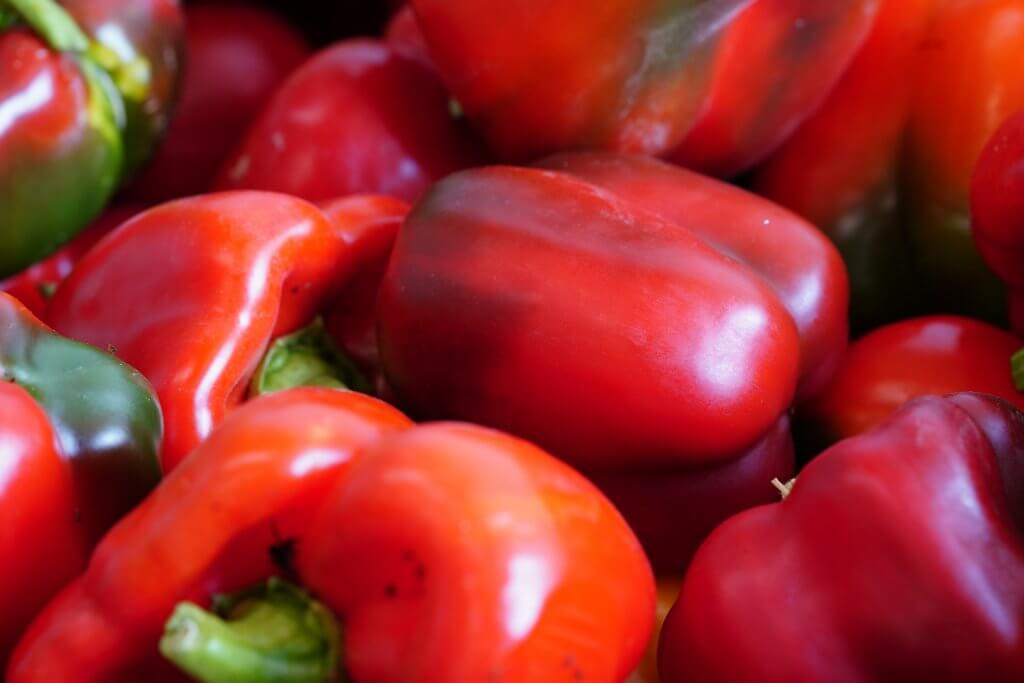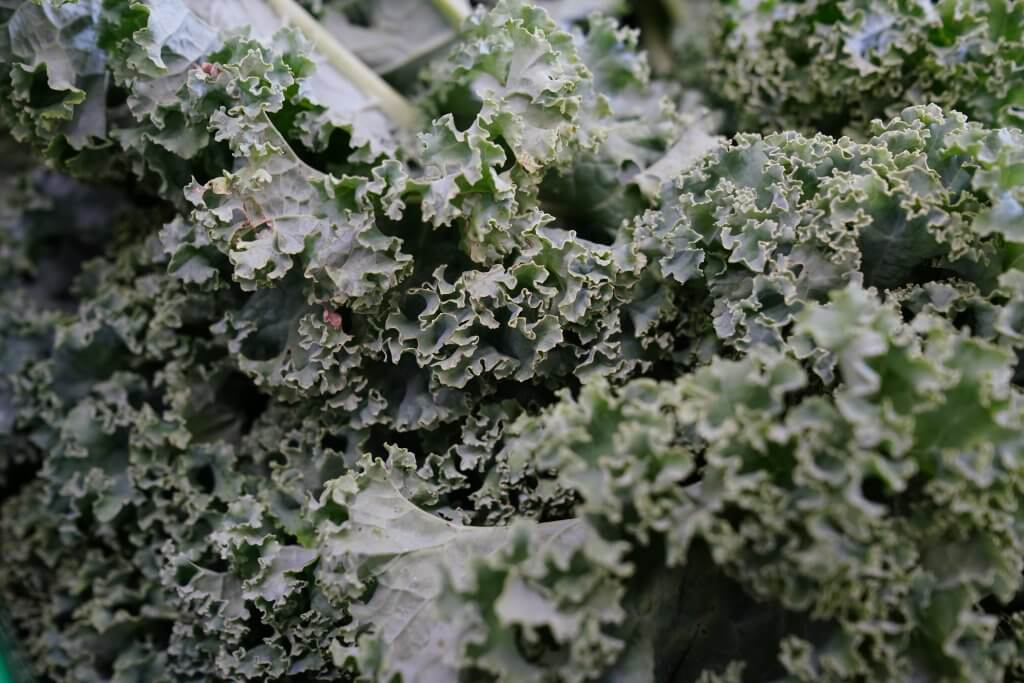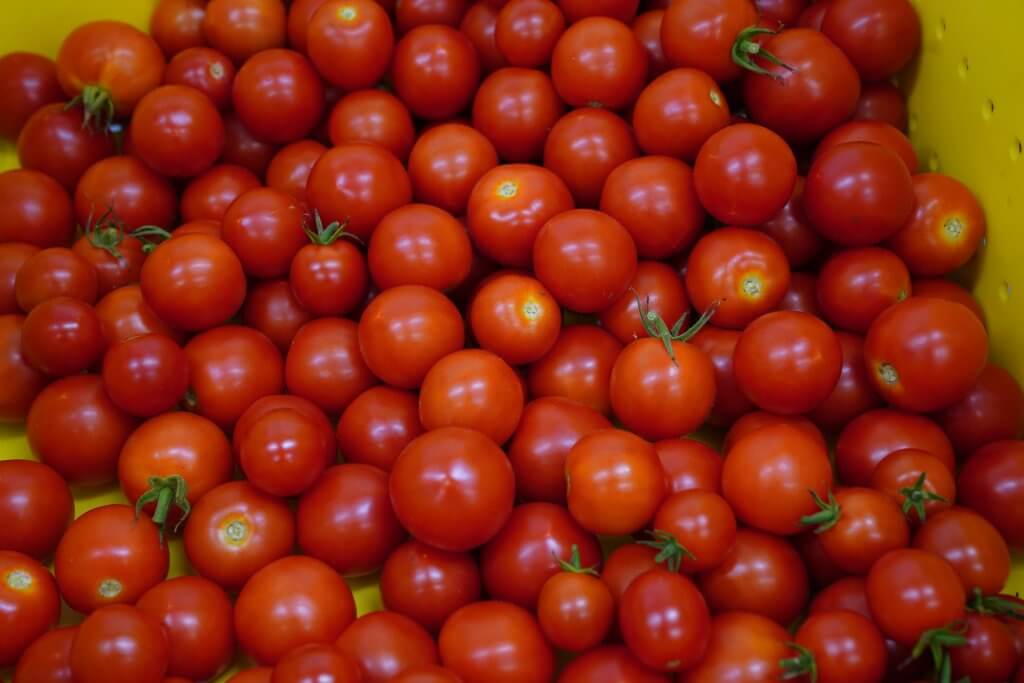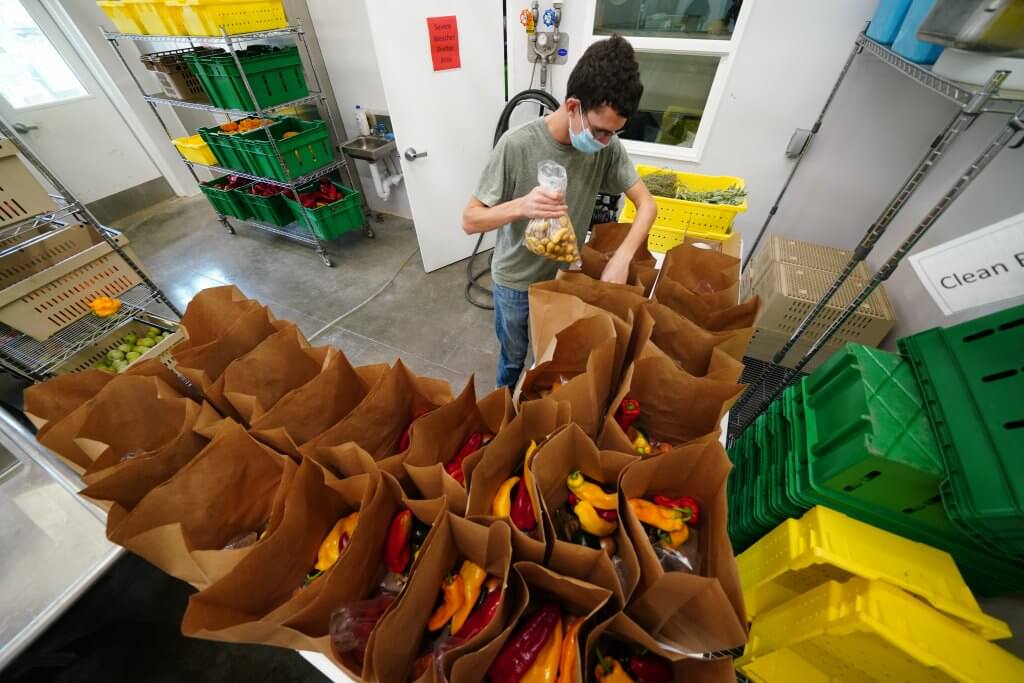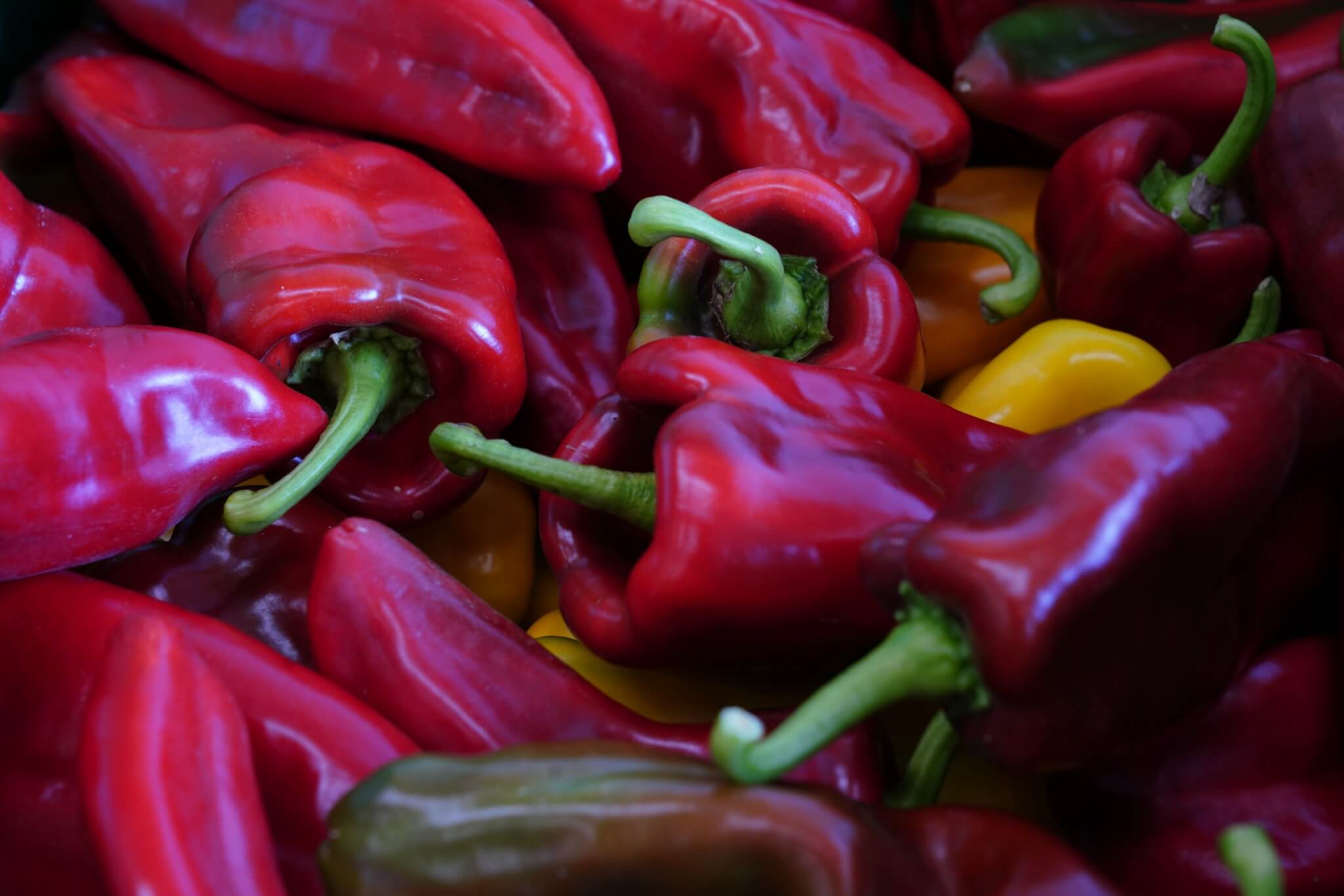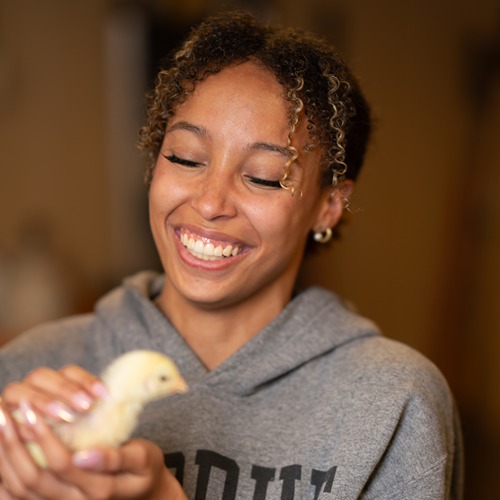The Purdue Student Farm adapts during COVID-19
The 2020 planting and harvesting seasons didn’t play out on the Purdue Student Farm quite as Chris Adair, farm manger, anticipated. While COVID-19 presented copious challenges for the farm and its student workers, Adair said the team also demonstrated innovation and quick thinking in adapting to unforeseen roadblocks.
Campus dining halls have been the farm’s chief client. One of Adair’s main concerns early in the pandemic was how to keep the farm solvent as dining halls reduced operations. Initially, Adair said they donated produce to local and on-campus food banks. At the end of the summer, the farm also began selling produce subscription boxes priced at $25.
“Everyone has really enjoyed the boxes, I think, because they keep coming back,” Adair added. “I think we’re doing a good job providing them with even more produce than expected. It’s clear there is a demand for this in the community.”
In addition to selling produce on this less-corporate scale, Adair said they offer tips on how to use some of the produce that might not be familiar to customers. Many stores in the surrounding area don’t sell things like celeriac, kohlrabi or even lemongrass, so Adair and students share ideas with customers for how to incorporate these ingredients into their cooking. In the future, Adair said, they’d like to furnish the boxes with recipe cards.
Corynn Christjansen, a senior in agricultural sciences education and communication, has worked on the farm for over two years. She said selling at the individual level has been a good way to broaden horizons for the farm and its student workers. As an agricultural communications student, she is especially interested in how subscription boxes can be utilized as a tool to educate communities about farming practices.
“This is really something important we’re doing, teaching people and the community about food utilization and sustainable farming,” Christjansen said. “And the student farmers are learning too. The student farm teaches us to grow a wide variety of crops, even those not typically grown in Indiana. We’ve really upped the amount of produce the farm yields in the past couple years.”
“Everything was always very clean, but now we’re extra careful and hyper-aware,” Christjansen said.
“Finally, since the farm is outside, Adair said they’ve hosted several agricultural field trips for professors looking for creative ways to get their students engaged and excited about agriculture. “I’m glad professors consider us a safe and engaging option for field trips,” Adair said. “And we’re on campus, which takes away a lot of the logistical issues.”
Above all, Christjansen said, this year has taught her that farming is ultimately about resilience and contending with the unknown.
“My degree is in communications, but I hope when I graduate I can also continue to do farm work because it has been satisfying and inspirational, especially this year,” she said.

